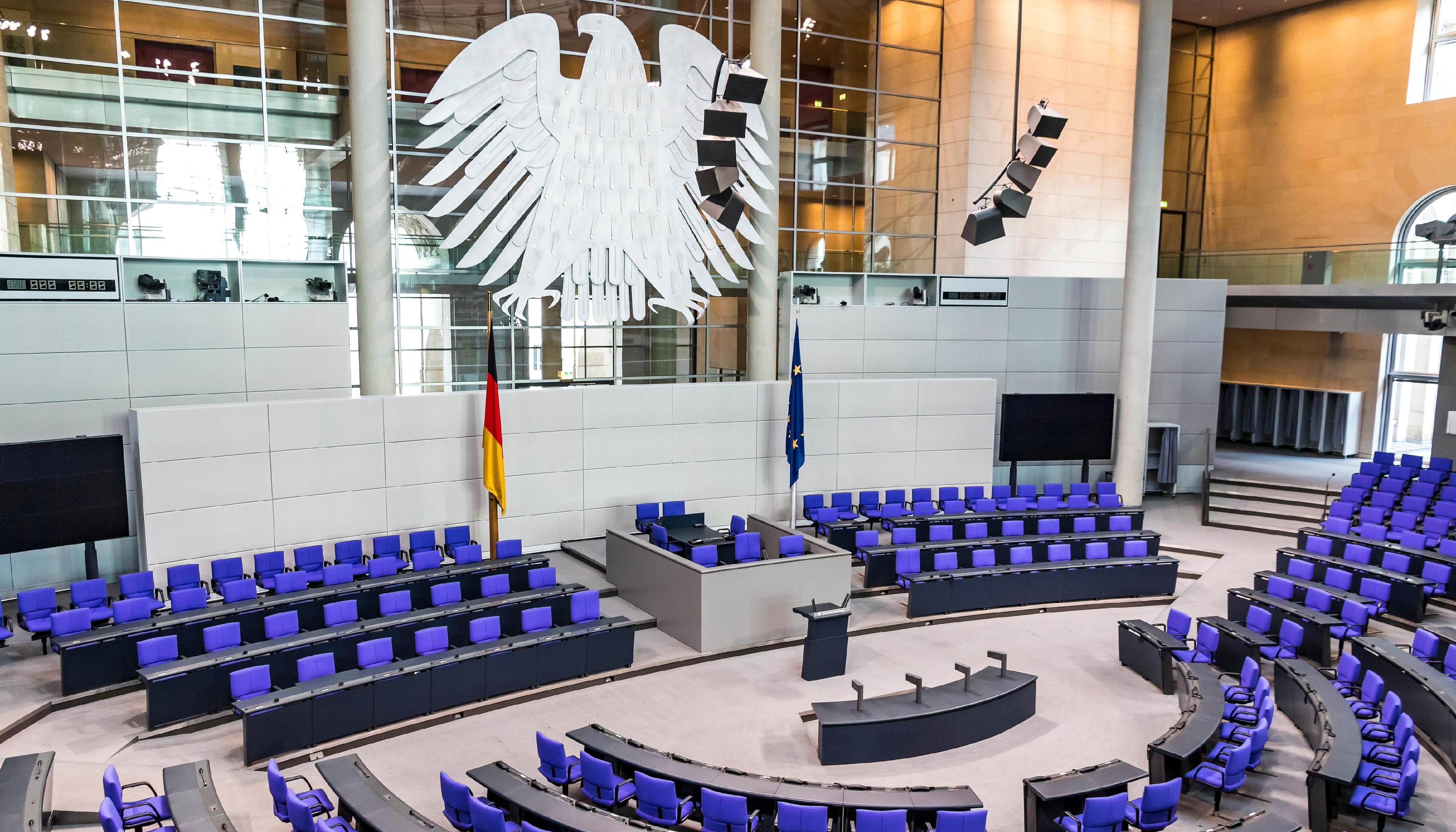Need for reform in social media use by parliamentary groups

“When using social media, the parliamentary groups of the German Parliament (Bundestag) use some federal funds improperly, which means not for the intended purpose and thus not in line with the rules. The current legal framework for the parliamentary groups’ public relations work encourages this improper use. Therefore, the framework should be reformed”, concludes Mr Kay Scheller, President of the Bundesrechnungshof. This statement is based on our current special purpose report on the social media use by parliamentary groups of the German Bundestag.
Platforms such as X (formerly known as Twitter), Facebook, YouTube and Instagram serve as important channels to get in touch with citizens, to spread political messages and to stimulate public debate. Accordingly, the social media use by parliamentary groups of the German Bundestag has increased significantly in recent years. As a result, federal funds earmarked for the tasks of parliamentary groups are also used for social media activities.
We reviewed how the parliamentary groups had used their social media channels immediately before the most recent Bundestag election. The result: Most of the posts were inadmissible since they did not (only) inform about the parliamentary groups’ activities or even contained direct political campaigns or election advertisements.

Lacking sanctions and uncertain legal situation
Despite this non-compliance with the rules, there will be no consequences in most of the cases since effective sanction mechanisms are lacking. For example, the parliamentary groups are not obligated to repay the money improperly used or to delete inadmissible posts. Therefore, the current legal situation does not provide for a clear framework for action and ultimately leads to inconsistent application of the law among the parliamentary groups.
The parliamentary groups reject the current arrangement since they consider the rules to be too restrictive, out of touch with everyday life and no longer in keeping with the times. The role of the Bundestag administration in the case of non-compliance with the rules is also not adequately defined in the Act on the Legal Status of Members of the German Bundestag. The legislator should make clear that the consideration and application of sanctions are duties of the Bundestag administration.
Systemic causes encourage improper use of funds
The problem has systemic causes: The parliamentary groups and their delegates have a strong interest in good election results of their parties since this would increase their chances of returning to the Bundestag and thus of claiming a place in government. At the same time, public funding of parliamentary groups is not limited in contrast to party funding. The budgetary legislator may decide on the amount of the parliamentary group’s funds on its own. This entails the risk that the parliamentary groups may appropriate funds which they use for party functions.
Call for reform and legal certainty
Our special purpose report recommends a reform of the legal framework including sanctions to curb the improper use of the parliamentary groups’ funds. The legislator should create a framework which provides legal certainty, clearly specifies the social media use by parliamentary groups and includes sanctions in case of non-compliance. A clear distinction needs to be made between information about the activities of parliamentary groups and party-political contents to prevent hidden party funding. Since: The current situation ultimately jeopardises the constitutional legitimacy of the funding of parliamentary groups.
Details may be specified in the implementing provisions of the Council of Elders relating to the Act on the Legal Status of Members of the German Bundestag. However, these provisions have not yet been adopted.
For more information on the findings and recommendations, please see our special purpose report addressed to the German Parliament and Government. (Please note: The report is only available in German.)
